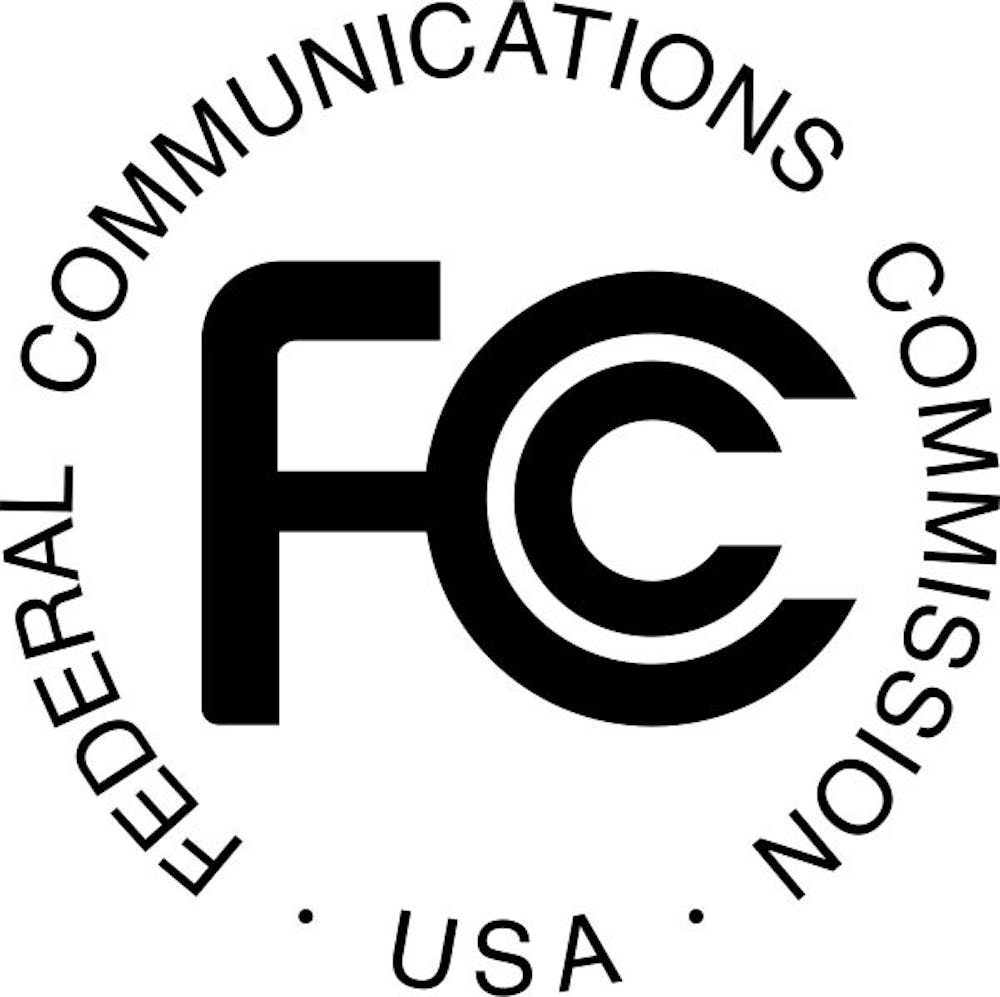In the United States, the Federal Communications Commission (FCC) maintains the ability to develop and enforce policies related to obscenity on broadcast television and radio.
While freedom of speech has long been considered one of the most important rights the American people possess, obscenity is considered an exception to the First Amendment.
There are a few reasons for this, and while some may have some merit, it is time for the FCC to abandon its role as moral guardians and stop censoring radio and broadcast television.
One of the big reasons for this is the simple fact that a working definition of “obscene” is impossible to establish. What is obscene is up to the interpretation of each individual, and that definition can vary wildly depending on who is asked.
In fact, in the last 60 years, the Supreme Court has tried on three separate occasions to establish a system that would determine whether something is obscene.
The most recent attempt, “Miller v. California” (1973) has survived for some time, but has not escaped criticism by legal experts.
The process under which something is determined to be obscene or not is still up to subjective interpretation. If a real definition of obscenity cannot be established by the Supreme Court, how can the FCC reasonably make that determination?
The key reason obscenity is not protected by the first Amendment is the potential damage to minors who could be exposed to obscene materials, especially those that are sexually explicit. While this is certainly an important thing to consider, it should not be up to the government to decide what is or is not acceptable for children to be exposed to in the home, outside of extreme circumstances.
It is ultimately the role of the parents to make that determination, and by the FCC maintaining the power to censor as it sees fit, it is as if the government is implying that it knows better than parents do. The government already maintains a massive amount of oversight on what minors are exposed to in schools, and it is important to be wary of that in other situations.
The FCC was granted the power to determine obscenity on radio and broadcast television in “Federal Communications Commission v. Pacifica Foundation” (1978), more than 35 years ago.
It should go without saying that technology has advanced leaps and bounds since then. When the FCC was granted this power, there were only three major television networks.
Today, viewers have access to hundreds of different cable stations, including stations like Comedy Central or AMC which allow strong language, violence and more.
The FCC’s power, quite simply, is meaningless, because children can still be exposed to materials parents might find objectionable, simply by changing the channel. That does not even begin getting into children having access to the Internet.
Ultimately, the less restriction on the freedom of speech we have, the better. Even if the FCC’s role in determining what children can or cannot handle is already incredibly minor in the modern age, the fact that it maintains the power to censor is something of which to be wary.
It is important to protect children, but if parents cannot manage to do that themselves, there is little the FCC can do in their stead.



The Slate welcomes thoughtful discussion on all of our stories, but please keep comments civil and on-topic. Read our full guidelines here.